The EPA Isn’t Killing Diesel—Tuners Are Killing Their Own Credibility
The diesel tuning community loves to play the victim. They cry about government overreach, whine about emissions regulations "killing performance," and rage against the "tyranny" of clean air laws. Yet, these same enthusiasts gleefully roll coal—intentionally spewing thick, toxic black smoke from their modified trucks—as if environmental destruction were a badge of honor.
This is the diesel tuner’s hypocrisy in its purest form: demanding the right to pollute while pretending to be oppressed. They want the freedom to delete emissions controls, bypass environmental safeguards, and turn public roads into their personal smoke-filled playgrounds—all while pretending they’re the ones under attack.
But here’s the truth: diesel tuners aren’t rebels fighting for automotive liberty. They’re hypocrites who refuse to pick a side. Either you care about performance within the rules, or you admit you don’t care about the consequences of your actions. You can’t have both.
This is a justified rant about why the diesel tuning scene is drowning in contradictions—and why their defiance is nothing more than performative outrage.
See also:
The Myth Of The "Oppressed Diesel Enthusiast"
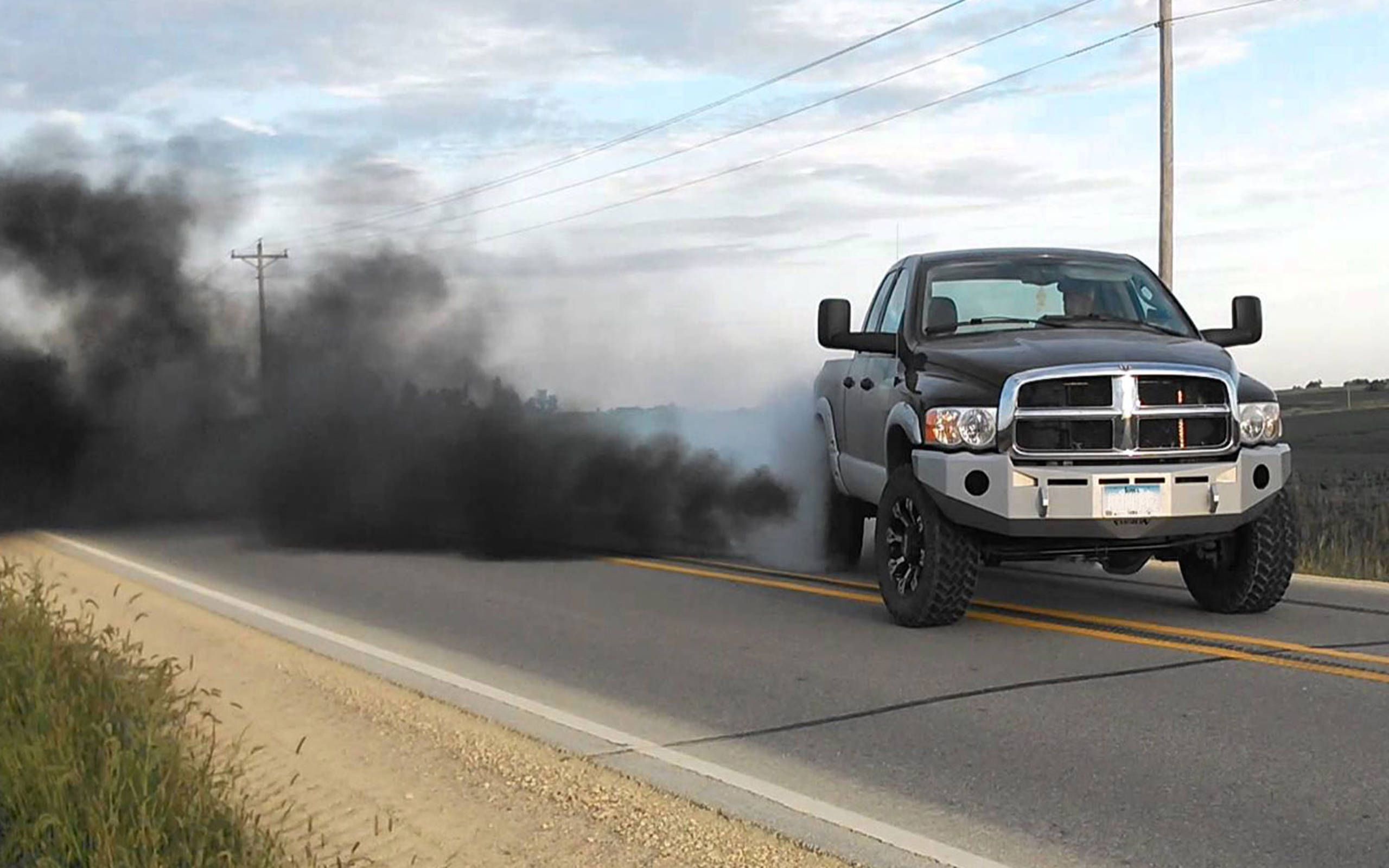
Diesel tuners love to frame themselves as victims of an overbearing government. They claim emissions regulations are designed to kill the diesel engine, that the EPA is out to destroy their hobby, and that deleting emissions equipment is an act of defiance against an unjust system.
But this narrative falls apart under scrutiny.
First, diesel engines aren’t being "killed" by regulations—they’re being held accountable. The same tuners who cry about their right to modify trucks ignore the fact that diesel emissions are a proven public health hazard. The World Health Organization classifies diesel exhaust as a Group 1 carcinogen, directly linked to lung cancer. The EPA estimates that illegal diesel modifications contribute hundreds of thousands of tons of excess nitrogen oxides (NOx) and particulate matter into the air annually .
Second, the idea that emissions controls "ruin performance" is outdated. Modern diesel trucks—even with full emissions equipment—produce more power than ever. A stock 2025 Ram 3500 Cummins makes 1,075 lb-ft of torque, more than any deleted 2005 Duramax could dream of.
The real reason tuners delete emissions systems is laziness. It’s easier to rip out a DPF than to properly maintain it. It’s cheaper to disable an EGR than to clean it. And it’s simpler to straight-pipe an exhaust than to engineer a high-flow solution that keeps emissions in check.
Ultimately, the truth is Diesel tuners aren’t oppressed. They’re just unwilling to adapt.
Rolling Coal: The Ultimate Act Of Bad Faith
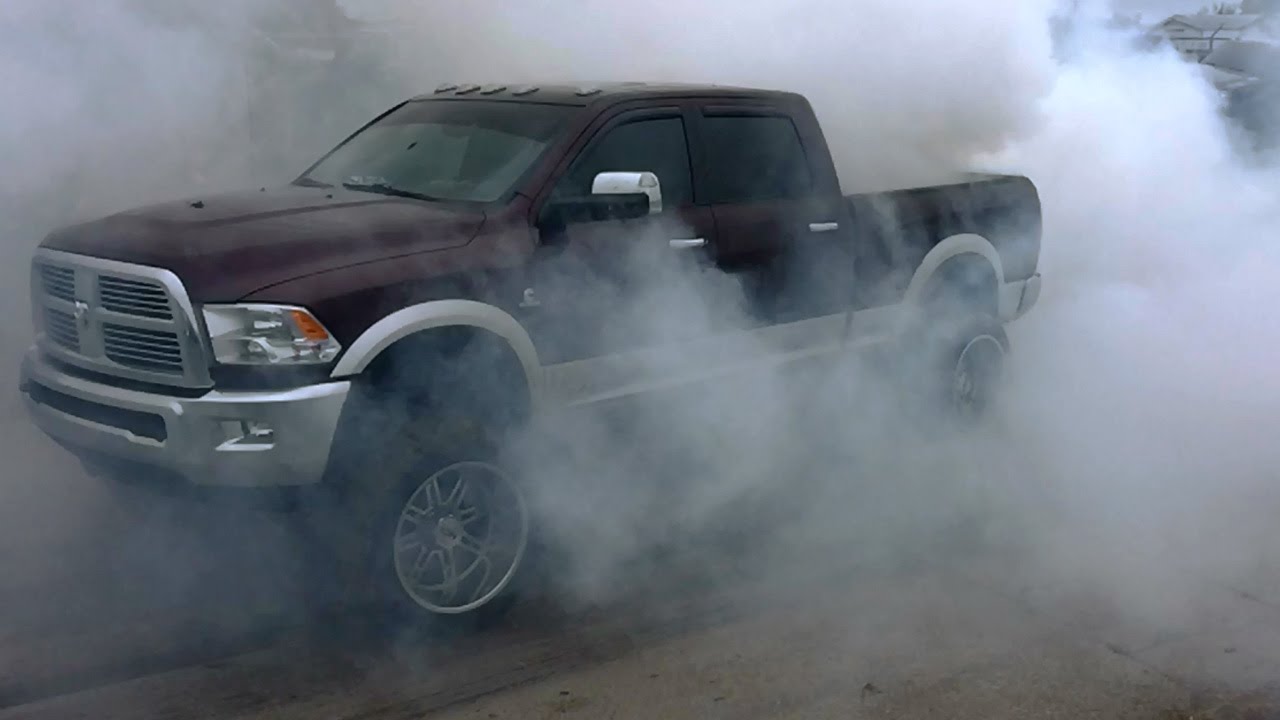
Nothing exposes the diesel scene’s hypocrisy more than rolling coal—the practice of modifying trucks to belch black smoke on command.
Tuners claim this is about "freedom," but let’s be real: It’s about trolling. Rolling coal is targeted harassment, often aimed at hybrid and electric cars (because nothing says "I’m insecure about my masculinity" like blowing smoke at a Prius); cyclists and pedestrians (because endangering people with toxic fumes is apparently hilarious); and anyone who dares to care about the environment (because nothing triggers diesel bros faster than the words "climate change").
Far from moralistic rebellion, this is petty, performative pollution—a middle finger to society disguised as a political statement. And the irony is that the same people who roll coal will scream about their "right to modify" while ignoring the fact that their actions directly harm others.
In 2021, a Texas teenager ran over six cyclists while attempting to coal-roll them, sending two to the hospital via helicopter . But hey, at least he owned the libs, right?
See also:
The Aftermarket’s Dirty Secret: Profiting From Pollution
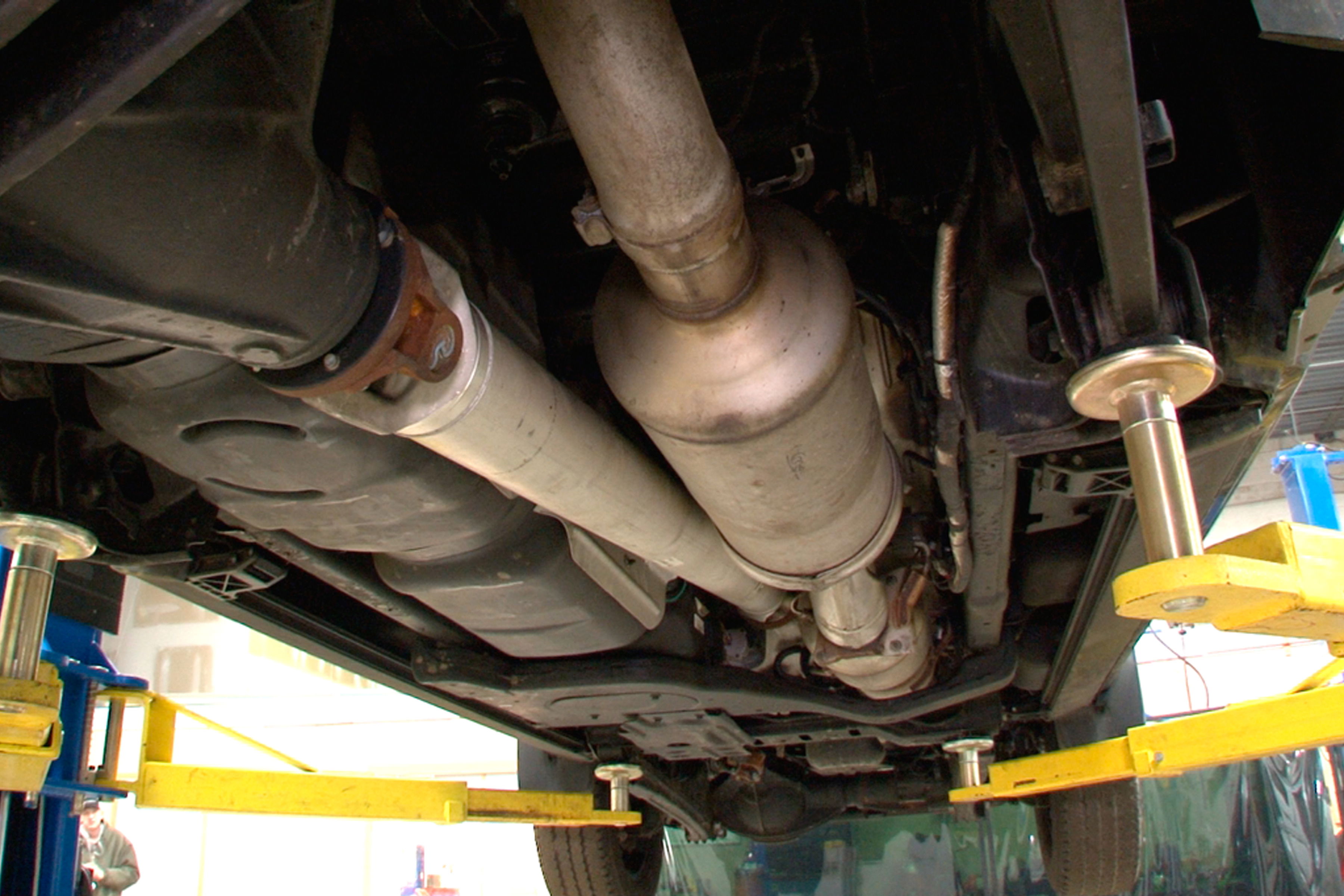
The diesel tuning industry loves to play both sides. Companies like Sinister Diesel, PPEI, and Gorilla Performance built empires selling illegal delete kits while pretending they were just "serving the enthusiast community." But when the feds came knocking, their tune changed fast.
Sinister Diesel was fined $1 million for selling defeat devices and forced to shut down. PPEI’s owner, Kory Willis, pleaded guilty to Clean Air Act violations, paying $3.1 million in fines and serving probation. Gorilla Performance faced $1 million in penalties and its owner risked jail time.
Suddenly, these "freedom fighters" weren’t so brave. They folded, rebranded, and started selling "emissions-compliant" tunes—proving that their defiance was always about profit, not principle.
And let’s not forget the black market that rose in their wake. With legitimate tuners forced to comply, diesel owners now turn to sketchy online sellers offering hacked tuning files from Russia and China . These files often brick ECUs, leaving trucks inoperable—but hey, at least they "own the EPA," right?
The Cognitive Dissonance Of "Deleted Diesel" Reliability
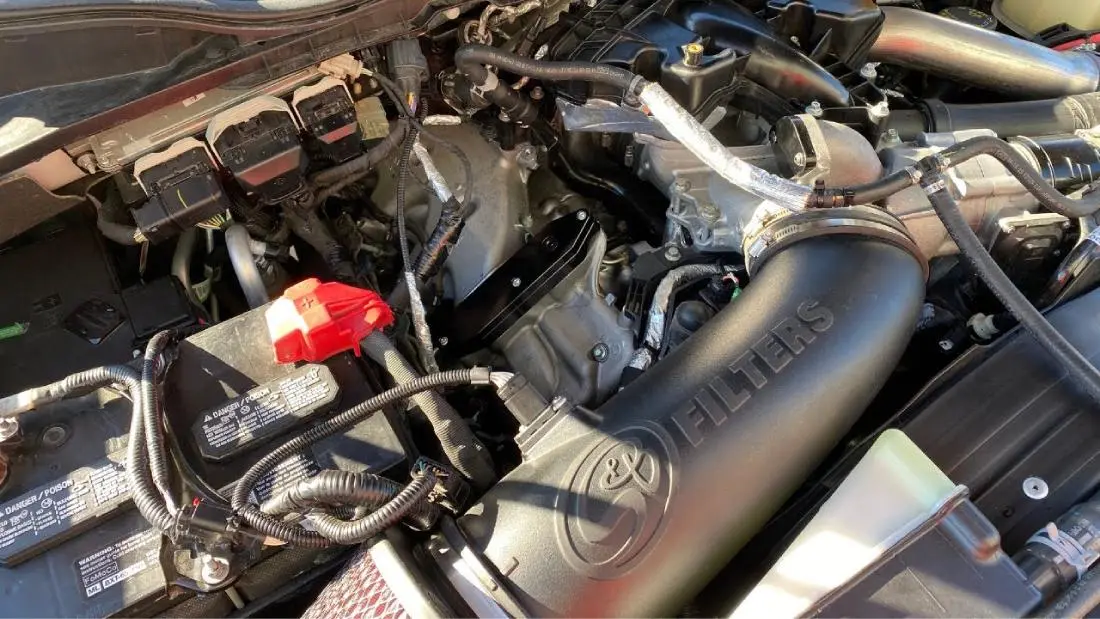
One of the biggest lies in the diesel world is that deleting emissions systems improves reliability. Tuners swear that DPFs clog, EGRs fail, and DEF systems are scams—but the reality is more nuanced.
Yes, poorly maintained emissions systems cause problems. But so does neglecting any part of a truck. The difference right here is that tuners would rather delete the problem than fix it:
- DPF issues? Proper regens and highway driving prevent clogs.
- EGR failures? Regular cleaning avoids carbon buildup.
- DEF headaches? Quality fluid and system flushes keep it running.
But instead of maintaining their trucks, tuners take the easy way out: rip everything off, dump soot into the air, and blame the government when their shortcuts backfire.
And let’s not ignore the financial hypocrisy. These same people who cry about the cost of emissions repairs have no problem dropping $5,000 on a full delete and tune—only to whine when the EPA slaps them with a $10,000 fine.
The Future: Adapt Or Die
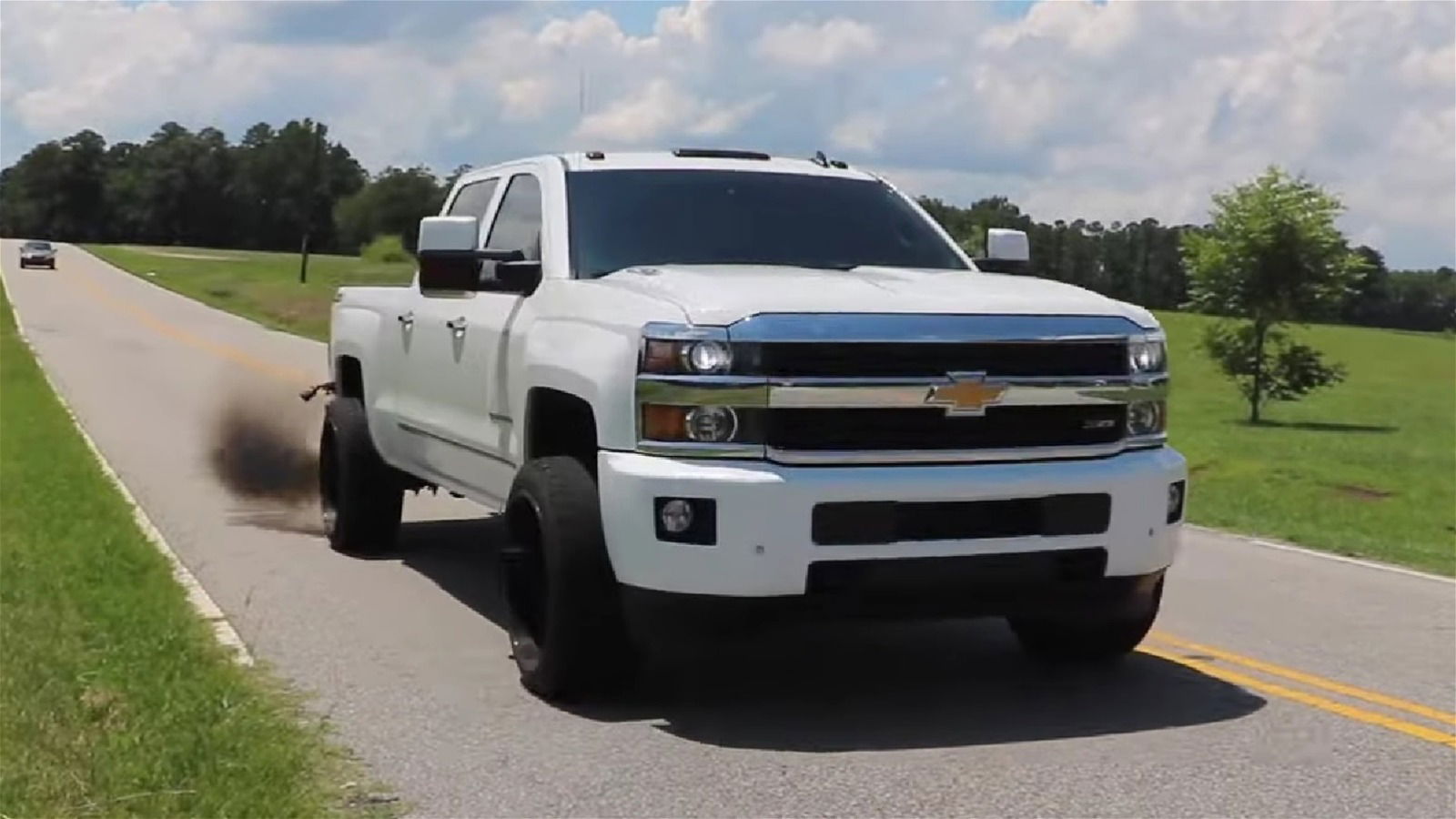
The diesel scene is at a crossroads. The EPA’s crackdown isn’t slowing down—over 170 enforcement cases have been closed since 2020, totaling $55.5 million in fines . States are implementing stricter inspections, and deleted trucks are being flagged and impounded.
Tuners have two choices:
1. Keep crying about regulations while clinging to an outdated, polluting past.
2. Embrace innovation—developing high-performance, emissions-compliant solutions that don’t sacrifice power for legality.
Companies like Banks Power have proven it’s possible to make big power without breaking the law. The aftermarket’s future isn’t in deletion, but in engineering smarter, cleaner, and more efficient ways to go fast.
Pick A Side
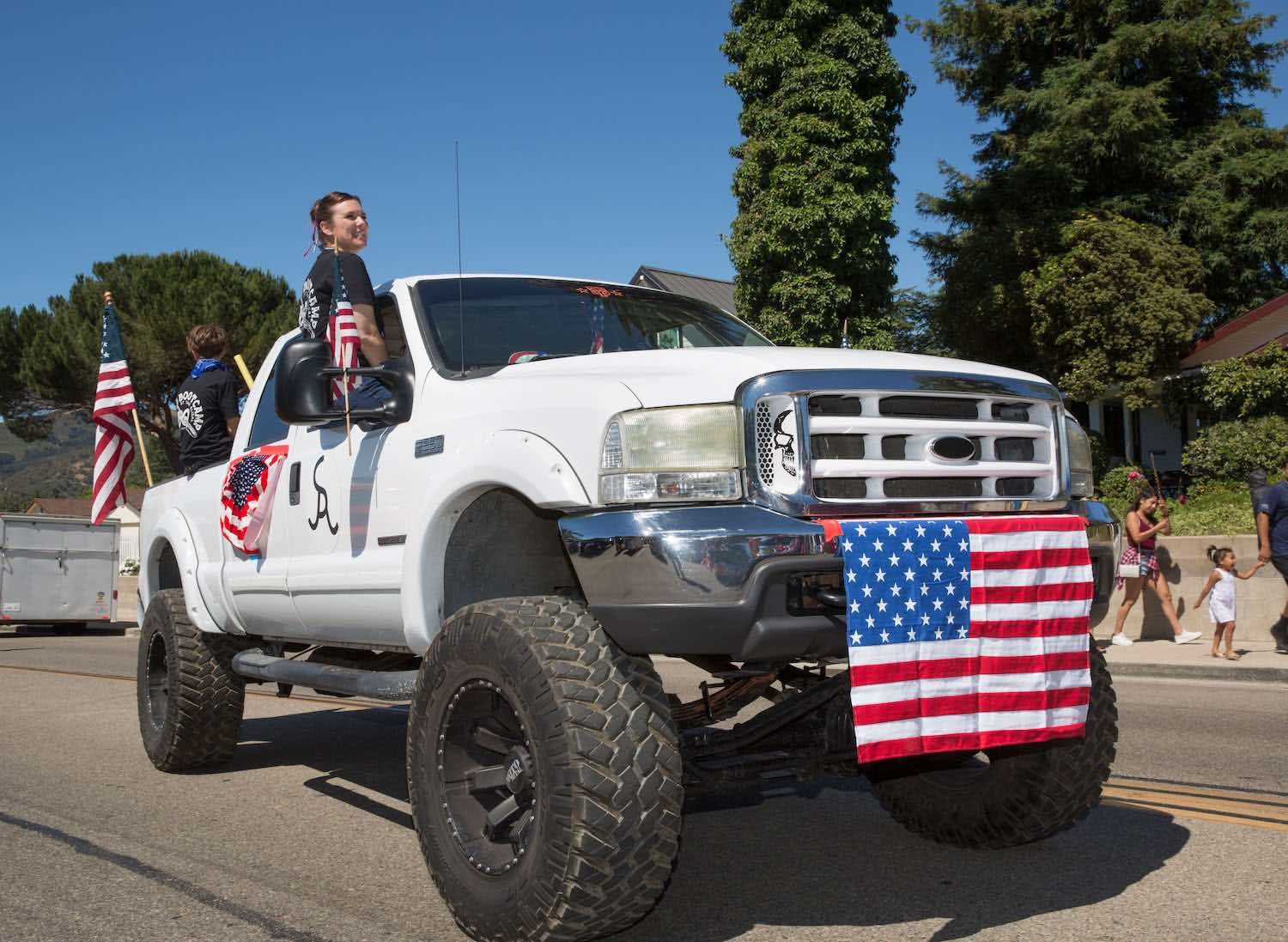
Diesel tuners can’t have it both ways. They can’t demand freedom to modify while ignoring the consequences of their actions. They can’t claim to love diesel culture while poisoning the air that everyone breathes. And they can’t pretend to be rebels when they’re just profiteers selling illegal hardware.
The truth is simple: If you want to modify your truck, do it right. Build power within the rules. Innovate instead of delete. And if you really can’t stand emissions controls? Take your truck to the track—not the streets.
Because at the end of the day, rolling coal is just pollution with a punchline—and the joke’s on you.